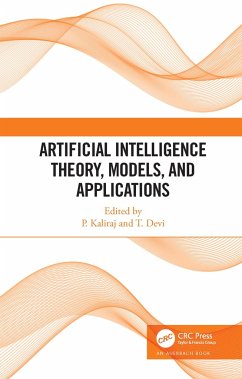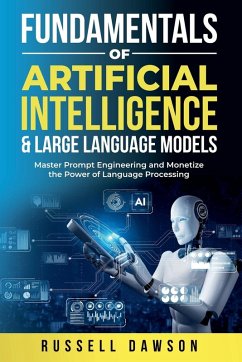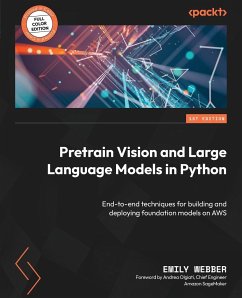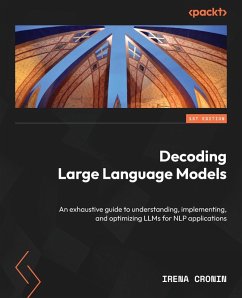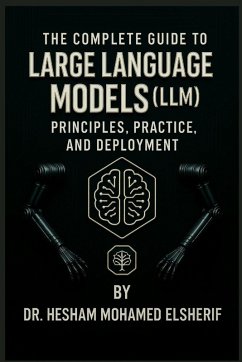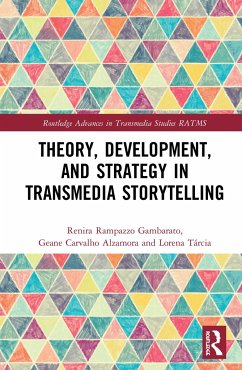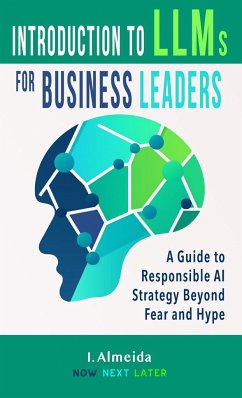
Theory, Practice, and Future Direction of Large Language Models
Versandkostenfrei!
Versandfertig in 1-2 Wochen
177,99 €
inkl. MwSt.

PAYBACK Punkte
89 °P sammeln!
Large Language Models (LLMs) represent a groundbreaking evolution in the field of artificial intelligence, blending theory, practice, and future potential to reshape industries and human-computer interaction. At the theoretical level, LLMs are rooted in deep learning architectures, which allow them to process and generate natural language with fluency. In practice, they transform sectors like healthcare, education, customer service, and content creation, by automating tasks, providing insights, and enhancing user experiences. However, the use of LLMs also brings challenges, like ethical concer...
Large Language Models (LLMs) represent a groundbreaking evolution in the field of artificial intelligence, blending theory, practice, and future potential to reshape industries and human-computer interaction. At the theoretical level, LLMs are rooted in deep learning architectures, which allow them to process and generate natural language with fluency. In practice, they transform sectors like healthcare, education, customer service, and content creation, by automating tasks, providing insights, and enhancing user experiences. However, the use of LLMs also brings challenges, like ethical concerns regarding bias, misinformation, and data privacy, alongside technical issues like computational costs. The future of LLMs may focus on improving their efficiency, addressing ethical dilemmas, and integrating them into specialized applications. As research progresses, LLMs may become more adaptable, intelligent, and integrated into daily life, with the potential to redefine human-machine collaboration. Theory, Practice, and Future Direction of Large Language Models explores the transformative power of large language models (LLMs) by delving into their theoretical foundations, practical applications, and future potential. It showcases an array of applications across industries, demonstrating how LLMs solve real-world problems, enhance productivity, and drive innovation in fields like healthcare, finance, education, and entertainment. This book covers topics such as ethics and bias, robotics, and task automation, and is a useful resource for business owners, computer engineers, academicians, researchers, and data scientists.



